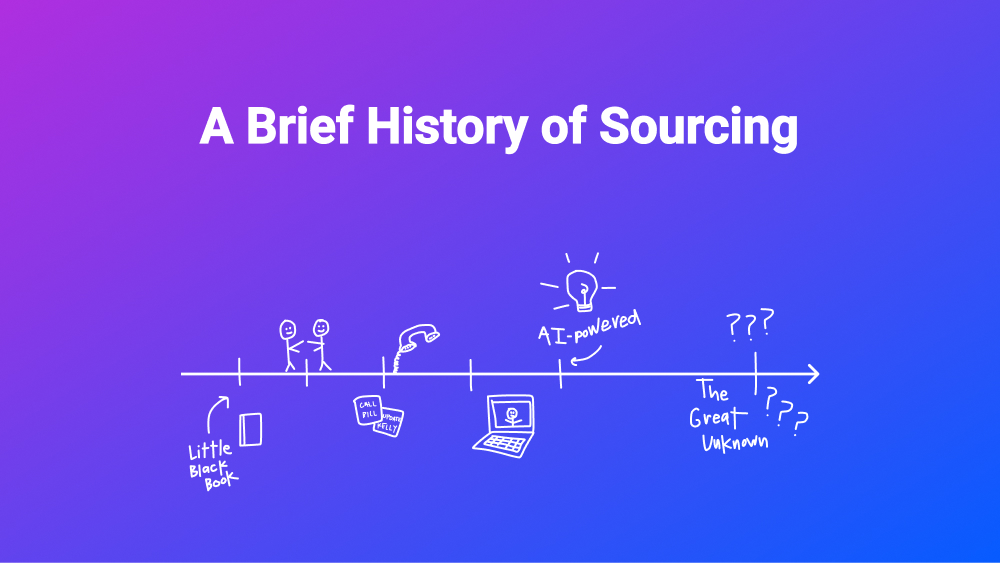Congratulations! Your candidate has signed the offer letter, verbally committed to giving their notice, and is ready start working for your client in two weeks. You can mark the role as filled in your ATS, pat yourself on the back for a job well done, and move on to your role. After all your job is done, right? Wrong!
The time between when an offer is sent and when the candidate is expected to start can be on of the most unpredictable, volatile times in the recruiting process. A candidate could:
- Get a counter offer from their current company
- Get cold feet and question switching jobs
- Hear negative feedback about the hiring company
- Receive a more competitive offer from another company
… and whole of list of other things that could result in them changing their mind and decide not to move forward with the role.
The reality is people are unpredictable and illogical, and it’s never safe to assume that your job is done after the offer has been signed, unless you enjoy receiving the dreaded “I’ve changed my mind” email.
Now is not the time to be passive or worse, go silent. This is the time to leverage the relationship and trust you have built with the candidate from your previous interactions to navigate them through a seamless transition to their new role.
To avoid losing your candidate at the last minute...
Turnaround paperwork quickly
There is a lot that can happen during time between when a verbal offer is made and when it is signed. A candidate could leverage this information to secure counter offers or even question the move. Follow up immediately after making an offer with all relevant paperwork and information to build off of the positive momentum.
Prepare the candidate for a counter offer
While you deal with counter offers often, your candidate does not and is likely inexperienced and ill-informed on how to handle this delicate situation. Coach the candidate on how to navigate the conversation, and educate them on the realities of accepting a counter offer.
Remind them of their motivation for the change
If your candidate is displaying signs of cold feet, remind them why they originally decided to pursue a career change and how this new opportunity aligns with their goals. Remember, this decision has nothing to do with you and everything to do with them. Avoid letting your emotions get the best of you.
Call the candidate before and after they give their resignation
Giving your resignation is one of the most stressful moments in any person’s career. Coach them through the process by helping them draft their resignation letter and preparing for them what may follow. Most importantly, request they follow up with you immediately after giving their resignation. This is an emotional time for most people, and it’s in your best interest to help them stay grounded and avoid making knee-jerk decisions.
Reach out to them before their start date
Every new hire will have a million questions between the time they accept an offer from when they start. Some of these will be the result of nerves and anxiety associated with making a big life change. Don’t disconnect from the candidate and risk they get stuck in their own head. Be available, be responsive, answer questions, and equip them with the information they need to be successful on day one.
Follow up with them after they start
First days at a new job are stressful and tiring. From navigating a new commute to learning names to figuring out what exactly it is you’ll do, it can feel like you’re barely keeping your head above water. While you can’t help them navigate the inner workings of their new office, you can be a familiar face and offer to listen. It’s the small things that make big changes easier.
Become a hiring machine
Ready to see for yourself how Loxo can transform your recruitment workflow and make you more efficient than ever before? We thought you might be.




